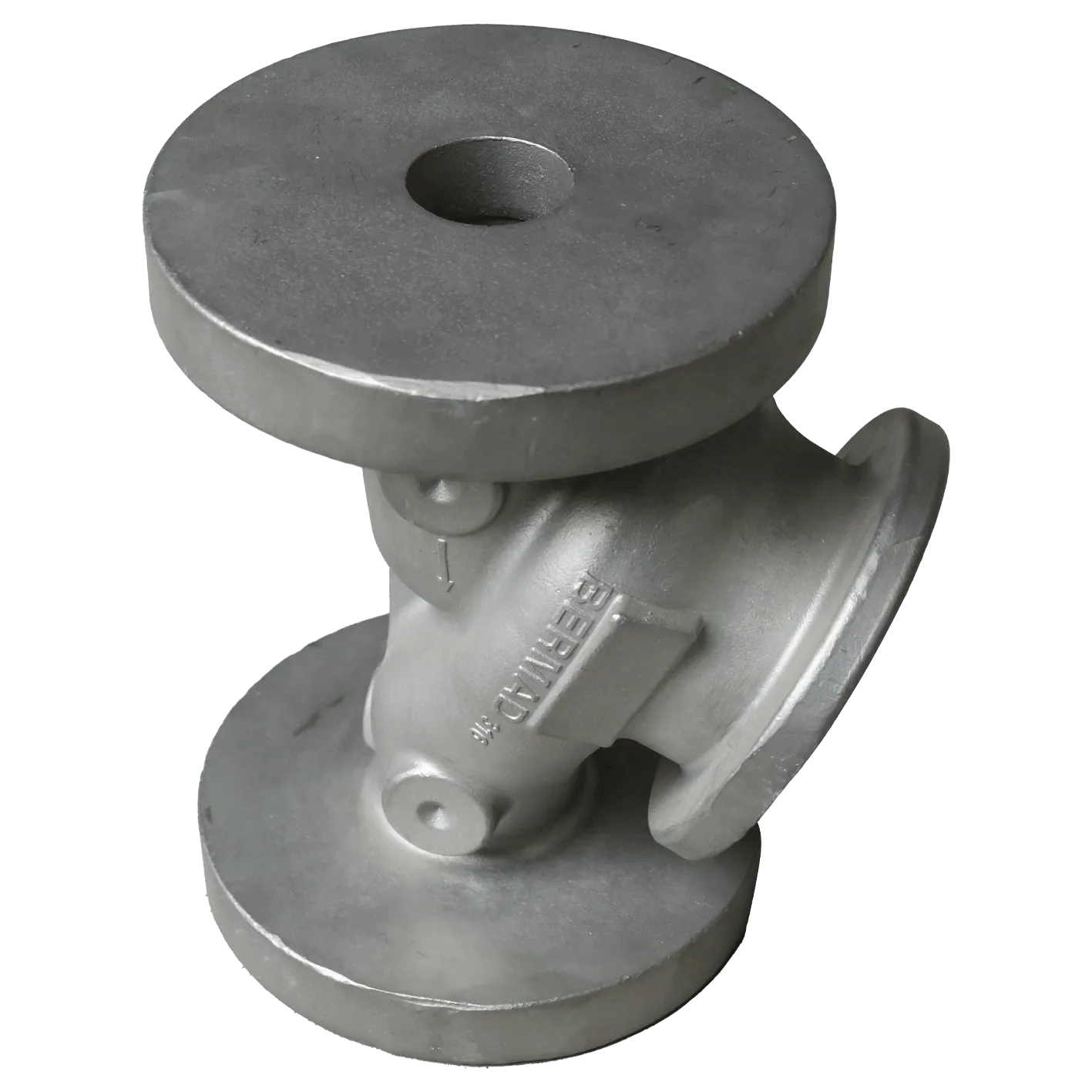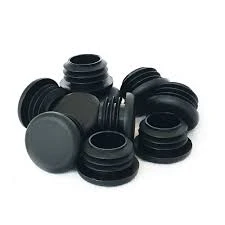Mobile:+86-311-808-126-83
Email:info@ydcastings.com
Feb . 20, 2025 13:02
Back to list
Pipe fittings
Iron valves play a crucial role in a wide range of industrial and domestic applications. With their robust construction, they are ideal for managing the flow of liquids and gases under varied pressure conditions. In the quest to navigate the world of iron valves effectively, understanding their classification, application, and advantages is key.
From a sustainability standpoint, iron valves offer the added benefit of recyclability. At the end of their service life, these valves can be recycled, aligning with global trends towards sustainable industrial practices. This sustainability aspect enhances their credibility as an environmentally friendly option, a desirable feature for companies aiming to minimize their ecological footprint. In terms of installation and maintenance, iron valves prove advantageous due to their straightforward design, which allows for simplified upkeep. Regular maintenance involves checking for signs of wear and ensuring seals remain effective to prevent leakage. This proactive approach to maintenance underpins the authoritative nature of iron valves, emphasizing their role as reliable components in fluid control systems. Advancements in technology have also ushered in the integration of automation in valve operations. The ability to control valve functions remotely has revolutionized operations in industries where immediate response times are paramount. This leap towards automation not only increases efficiency but also enhances safety, as it minimizes human exposure to hazardous environments. Ultimately, the choice of an iron valve should be guided by a comprehensive understanding of system requirements and valve specifications. The expertise in choosing the right valve ensures optimal performance, extending the lifespan of the system and enhancing operational efficiency. The authoritative nature of iron valves, supported by their history of reliability and innovation, positions them at the forefront of industrial applications, proving them to be indispensable in fluid control across various sectors. In conclusion, iron valves are a testament to engineering excellence, combining strength, durability, and sustainability. Their continued innovation and application ensure they remain a cornerstone in fluid management systems worldwide, offering unmatched reliability and performance that meet the ever-evolving needs of modern industries.


From a sustainability standpoint, iron valves offer the added benefit of recyclability. At the end of their service life, these valves can be recycled, aligning with global trends towards sustainable industrial practices. This sustainability aspect enhances their credibility as an environmentally friendly option, a desirable feature for companies aiming to minimize their ecological footprint. In terms of installation and maintenance, iron valves prove advantageous due to their straightforward design, which allows for simplified upkeep. Regular maintenance involves checking for signs of wear and ensuring seals remain effective to prevent leakage. This proactive approach to maintenance underpins the authoritative nature of iron valves, emphasizing their role as reliable components in fluid control systems. Advancements in technology have also ushered in the integration of automation in valve operations. The ability to control valve functions remotely has revolutionized operations in industries where immediate response times are paramount. This leap towards automation not only increases efficiency but also enhances safety, as it minimizes human exposure to hazardous environments. Ultimately, the choice of an iron valve should be guided by a comprehensive understanding of system requirements and valve specifications. The expertise in choosing the right valve ensures optimal performance, extending the lifespan of the system and enhancing operational efficiency. The authoritative nature of iron valves, supported by their history of reliability and innovation, positions them at the forefront of industrial applications, proving them to be indispensable in fluid control across various sectors. In conclusion, iron valves are a testament to engineering excellence, combining strength, durability, and sustainability. Their continued innovation and application ensure they remain a cornerstone in fluid management systems worldwide, offering unmatched reliability and performance that meet the ever-evolving needs of modern industries.
Next:
Related PRODUCTS











